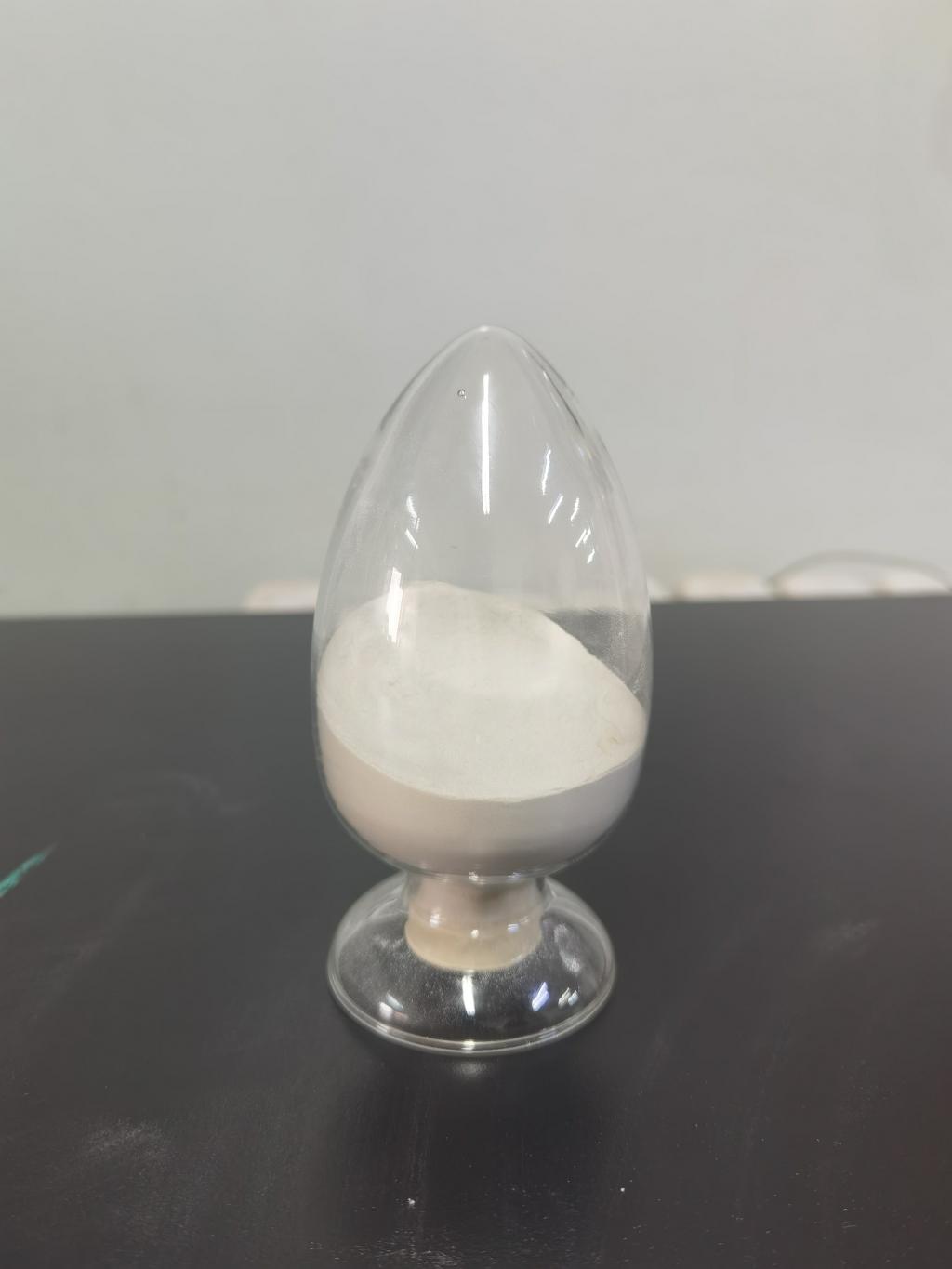Tel:+8618231198596

News
 CONTACT
CONTACT
 CONTACT
CONTACT
- Linkman:Linda Yao
- Tel: +8618231198596
- Email:linda.yao@dcpharma.cn
- Linkman:CHARLES.WANG
- Department:Overseas
- Tel: 0086 0311-85537378 0086 0311-85539701
News
Current Position:
Home >
News
>Nisin's applications in controlling microbial growth in canned food products.
Nisin's applications in controlling microbial growth in canned food products.
TIME:2024-06-12
Mechanism of Action:
Nisin exerts its antimicrobial activity by disrupting the cell membrane integrity of target bacteria. It binds to lipid II, a precursor molecule involved in cell wall biosynthesis, leading to pore formation and cell lysis. Additionally, nisin can permeabilize the cell membrane, disrupt proton motive force, and inhibit essential cellular processes, ultimately causing bacterial death. This unique mode of action makes nisin effective against a wide range of Gram-positive bacteria, including common foodborne pathogens such as Listeria monocytogenes and Staphylococcus aureus.
Applications in Canned Food Products:
Nisin has been successfully used in canned food products to control microbial growth and extend shelf life. Its effectiveness against spoilage and pathogenic bacteria makes it a valuable tool for ensuring the safety and quality of canned foods. Nisin can be incorporated into the food matrix during processing or applied as a surface treatment to inhibit microbial contamination. It is compatible with various food formulations and processing conditions, making it suitable for a wide range of canned food products, including vegetables, meats, and seafood.
Effectiveness Against Foodborne Pathogens:
Numerous studies have demonstrated the efficacy of nisin against common foodborne pathogens found in canned foods. Listeria monocytogenes, a notorious pathogen associated with foodborne illness outbreaks, is particularly susceptible to nisin due to its membrane-targeting mechanism. Similarly, Staphylococcus aureus, another common contaminant in canned foods, is effectively controlled by nisin treatment. Furthermore, nisin has been shown to inhibit the growth of spore-forming bacteria such as Clostridium botulinum, contributing to the safety of canned food products.
Regulatory Considerations:
The regulatory status of nisin varies among countries, but it is generally recognized as safe (GRAS) for use in food preservation. Regulatory agencies such as the U.S. Food and Drug Administration (FDA) and the European Food Safety Authority (EFSA) have approved the use of nisin within specified limits in various food categories, including canned foods. Manufacturers must adhere to regulatory guidelines regarding the maximum permitted levels of nisin and labeling requirements to ensure compliance and consumer safety.
Future Perspectives:
The use of nisin in canned food products holds significant promise for addressing microbial contamination and enhancing food safety. Continued research efforts are needed to optimize nisin formulations, improve delivery methods, and expand its application to a broader range of food matrices. Additionally, studies exploring the synergistic effects of nisin with other antimicrobial agents and processing technologies could further enhance its efficacy in controlling microbial growth in canned foods. Overall, nisin represents a valuable tool for ensuring the safety, quality, and shelf stability of canned food products in the face of microbial challenges.
Conclusion:
Nisin offers effective control of microbial growth in canned food products, providing a sustainable solution for enhancing food safety and quality. Its unique mechanism of action, compatibility with various food matrices, and regulatory approval make it a promising antimicrobial agent for use in canned foods. By leveraging the antimicrobial properties of nisin, food manufacturers can ensure the long-term shelf stability and safety of their canned food products, meeting consumer demands for convenient, nutritious, and safe food options.
- Tel:+8618231198596
- Whatsapp:18231198596
- Chat With Skype







